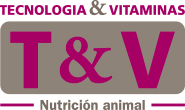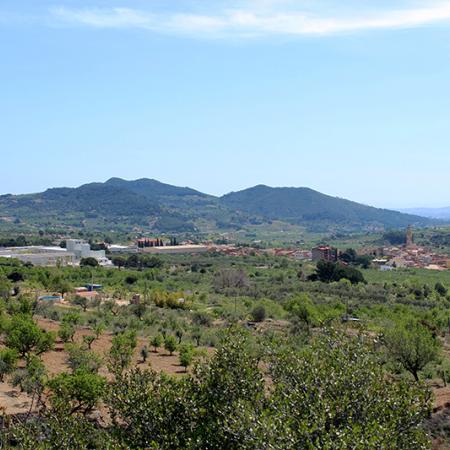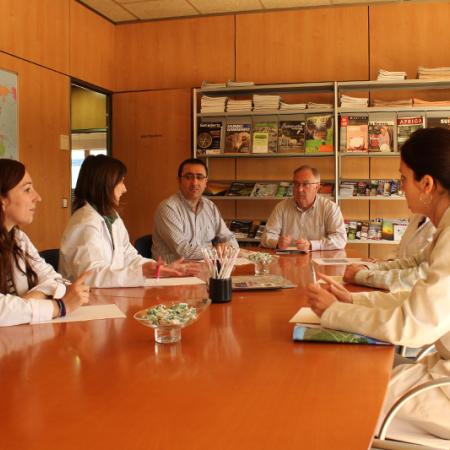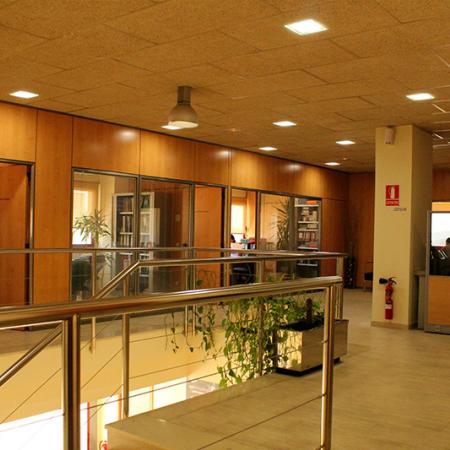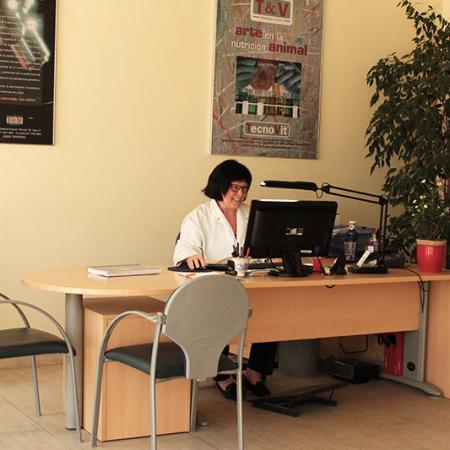Importance of aquaculture nutrition
To meet the increased demand for seafood, in recent decades, aquaculture is the food industry which has experienced a higher growth (its growth rate has almost doubled that of pork production). Currently, China is the leading producer with 60% of total world production, followed by India well below.
Fish have a much better feed conversion than land animals. In addition, aquaculture production systems also have a lower environmental impact (carbon footprint per kilo of product) compared to other land animal production systems.
In semi-intensive and intensive aquaculture, nutrition plays a very important role in this production system’s sustainable development. Currently, the main objective of aquaculture nutrition is to ensure balanced food portions which neither include nor considerably diminish the use of fishmeal and marine oils. For a long time, these raw materials have been widely used in the manufacture of feed for aquaculture, because of their excellent and unique amino and fatty acid content, and their high digestibility and energy concentration. Given the growing cost of fishmeal and marine oils and their limited availability, the main lines of research in recent years have focused on finding alternative raw materials. Today, however, total replacement is not yet possible without impairing animal production performance.
Another important aspect of aquaculture nutrition is its need for micronutrients such as amino acids, fatty acids, minerals and vitamins, which are only available for the most produced omnivorous and carnivorous fish species.
Determination of mineral needs in aquatic species is complicated by the fact that they have the ability to absorb minerals from the water that is around them, in addition to the food they consume. Therefore, the needs of a particular element will depend to a large extent on the concentration of the water around it.
On the other hand, although pathologies related to vitamin deficiency in fish are well known, the vitamin needs of aquatic animals are probably the least studied area of aquaculture nutrition, but no less important.
Minerals and vitamins present in raw materials are not always enough to satisfy the needs of fish, that is why some of these micronutrients have to be added during the manufacturing process of feed.
Nowadays, aquaculture nutrition is the area in animal nutrition with the most prospects and the longest way to go.
- 11996 reads
Adjusted production

Tecnovit present two standard production lines, products in powder and liquid. Discover the exclusive use of containers as the product being manufactured.
CDTI Development
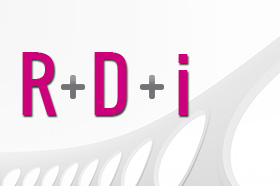
The Center for Industrial Technological Development (El Centro para el Desarrollo Tecnológico Industrial (CDTI) is a Public Enterprise under the Ministry of Economy and Competitiveness which promotes the innovation and technological development of Spanish companies.
